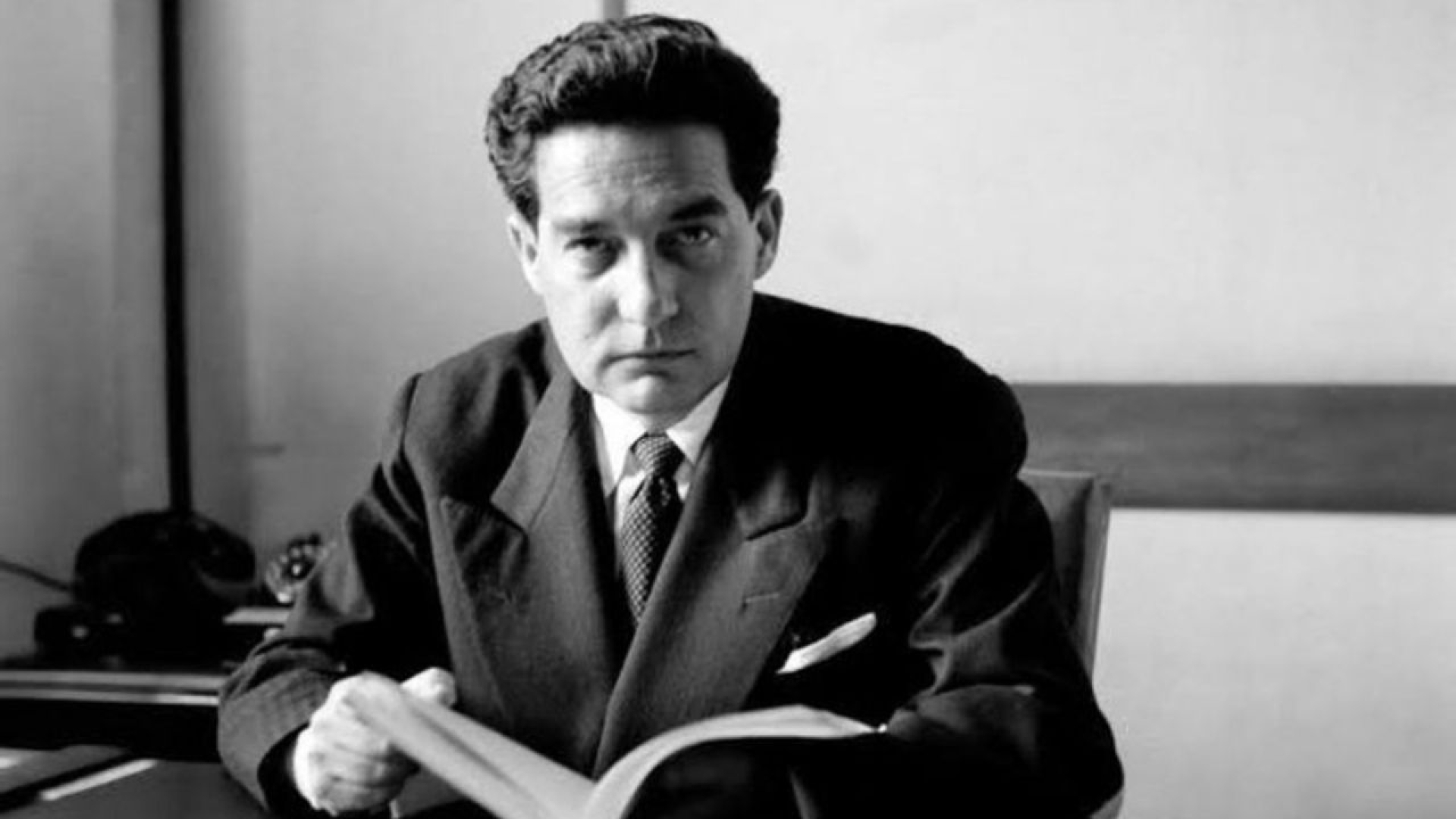He died in 1998 and a tribute at his funeral noted, “Paz’s literary career helped to define modern poetry and the Mexican personality.”
I have been studying his book of essays entitled, The Labyrinth of Solitude, and though written to gain clarity about Latin America’s secluded culture, I made many general comparisons to my own life. Just the title alone stuck me as I considered how solitude could evoke a myriad of feelings. Sometimes silence and solitude is a good thing, for thoughts and prayers. Other times this causes loneliness and can take us down a sad path. But, with twists and turns, our solitary thoughts can teach us to better understand our selves. Paz leads readers along the path of self-discovery. His words are rich and powerful, full of cultural and historical metaphors. Here is a sample of his work:
Nobody is the blankness on our looks, the pauses in our conversations, and the reserve in our silences. He is the name we always and inevitably forget, the eternal absentee, the guest we never invite, the emptiness we can never fill. He is an omission, and yet he is forever present. He is our secret, our crime, and our remorse. Thus the person who creates Nobody, by denying Somebody’s existence, is also changed into Nobody. And if we are all Nobody then none of us exists. The circle is closed and the shadow of Nobody spreads out over our land, choking . . . and covering everything.
In studying other poetic works, I can see how deserving Paz is of the Nobel Laureate Prize. He is a master of the inner workings of words and helps us understand the nature of communication. Just like how parents translate the meanings of words to their children when they are developing speech, we all translate what we read into our own sensibility. And each of us translates written words differently, based on how we relate to our own unique experiences. It can be a hard concept to grasp, and difficult to describe because of the visual or musical impression that poetry gives. Poems are explosive moments in the mind of the reader. Paz’s words summon powerful imagery that when read and thought about separately seem unrelated. Yet with another look, when these words become lines of poetry they are in fact complimentary. His poetry is always in the moment and still involves a larger existence that is individualized and meaningful to help us think about what life is.
I am so glad to have discovered Octavio Paz, especially since April is National Poetry Month, and I now have a new favorite poet. His poetry involves us in the power of words and revitalizes the act of reading!

